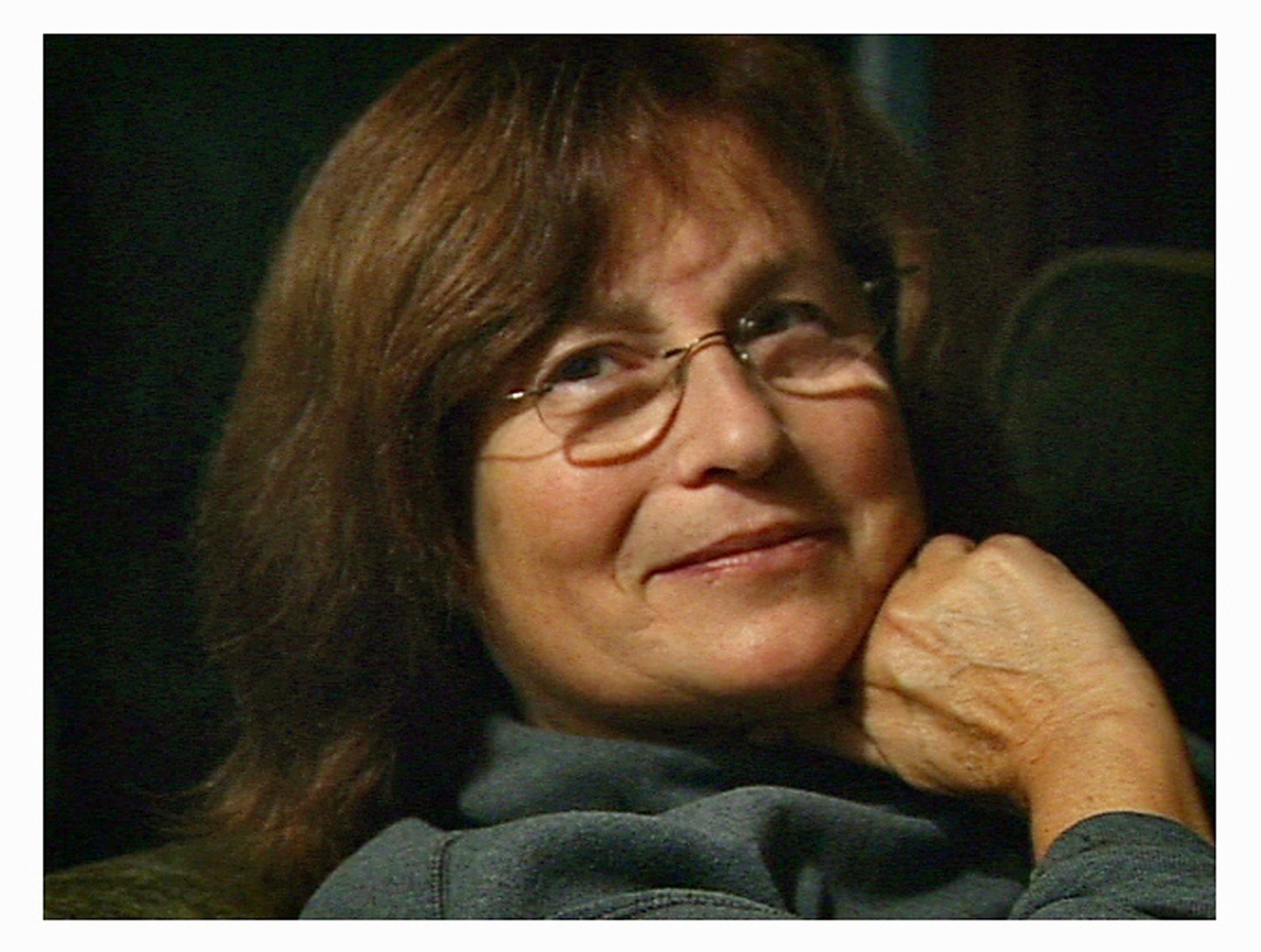
A new five-volume series of works by Argentinian writer Jorge Luis Borges has been published by Penguin Classics under the general editorship of Suzanne Jill Levine, a professor in the Department of Spanish and Portuguese who teaches Latin American literature and translation studies at UC Santa Barbara. The series includes poems and essays never before published in volume form, in Spanish as well as English.
Two of the books –– "Poems of the Night" and "The Sonnets" –– came out in early April during National Poetry Month. The other three –– "On Writing," "On Mysticism," and "On Argentina" –– will be available later this month. "Poems of the Night" and "The Sonnets" are dual language editions with parallel text.
While serving as general editor of the entire series, Levine also translated, edited and wrote the introduction and notes for the volume "On Writing," which she developed as an anthology of Borges's ideas and aesthetics, beginning with his early work of the 1920's. "It includes some of his earliest commentaries, which most people haven't had access to even in Spanish," she said.
"I am so thrilled about this project not only because of the new material it brings to the English-reading public but also because of how well the collaboration worked with my co-editors and translators," said Levine. "In some ways, translation is a naturally collaborative act because you're working –– implicitly –– with the original writer. I am glad to say that my co-editors were well chosen for their volumes, and working with them was a wonderful experience."
Born in Buenos Aires, Borges was a prolific essayist and short story writer until his death in 1986. His most famous works include "Ficciones" and "The Aleph," both of which are compilations of short stories connected by common themes. According to Levine, however, readers of the new series will discover Borges the poet –– a lesser-known aspect of his genius. "People think of him as the great master of fantastic literature, but little do they know that he mainly thought of himself as a poet," she said.
"His greatest desire as a young poet was actually to be Walt Whitman. In a way, everything he writes –– whether it's an essay, a story, or a poem –– is all poetry in the most essential way."
In addition to Borges, Levine has translated a number of significant Spanish and Latin American writers over the course of her career, including Manuel Puig, Guillermo Cabrera Infante, and Julio Cortázar. Many of her translations have recently been reissued, such as her 1973 translation of Puig's novel, "Heartbreak Tango," which was published in February in a new edition by Dalkey Archive. Levine is also the author of "The Subversive Scribe: Translating Latin American Fiction" and "Manuel Puig and the Spider Woman: His Life and Fictions," published by Dalkey Archive and Farrar Straus & Giroux, respectively.
The first writers whose work inspired Levine's translations were Cabrera Infante and Puig, who is most known for "Kiss of the Spider Woman." She was drawn to the vital presence of popular culture in their works, and what she called their almost hyperrealist capacity to reproduce spoken language. "Their characters' speech was so alive," she said. "The ground they were breaking in Latin American literature was similar to what Mark Twain did in North American literature –– taking the spoken idiom and making it literary. But that's what intrigued me –– to hear that voice and to try somehow to perform or to impersonate it in English."
Her translations of Borges, however, have proven to be among the most difficult. "The neo-baroque density and conceptual complexity of his early prose, in particular, is probably the most challenging aspect of his work for the English-language translator," she said.
Levine describes the act of translating as "interpretation," with the goal of bringing to the new reader the most vivid and accurate experience of the original text as possible. "A translator is a literary critic and a literary scholar, as well as a ‘punning' linguist, and, in my case, a lover of language," she said.
Levine is the recipient of many honors and awards, including fellowships from the National Endowment for the Arts, the National Endowment for the Humanities, and the John Simon Guggenheim Memorial Foundation.



